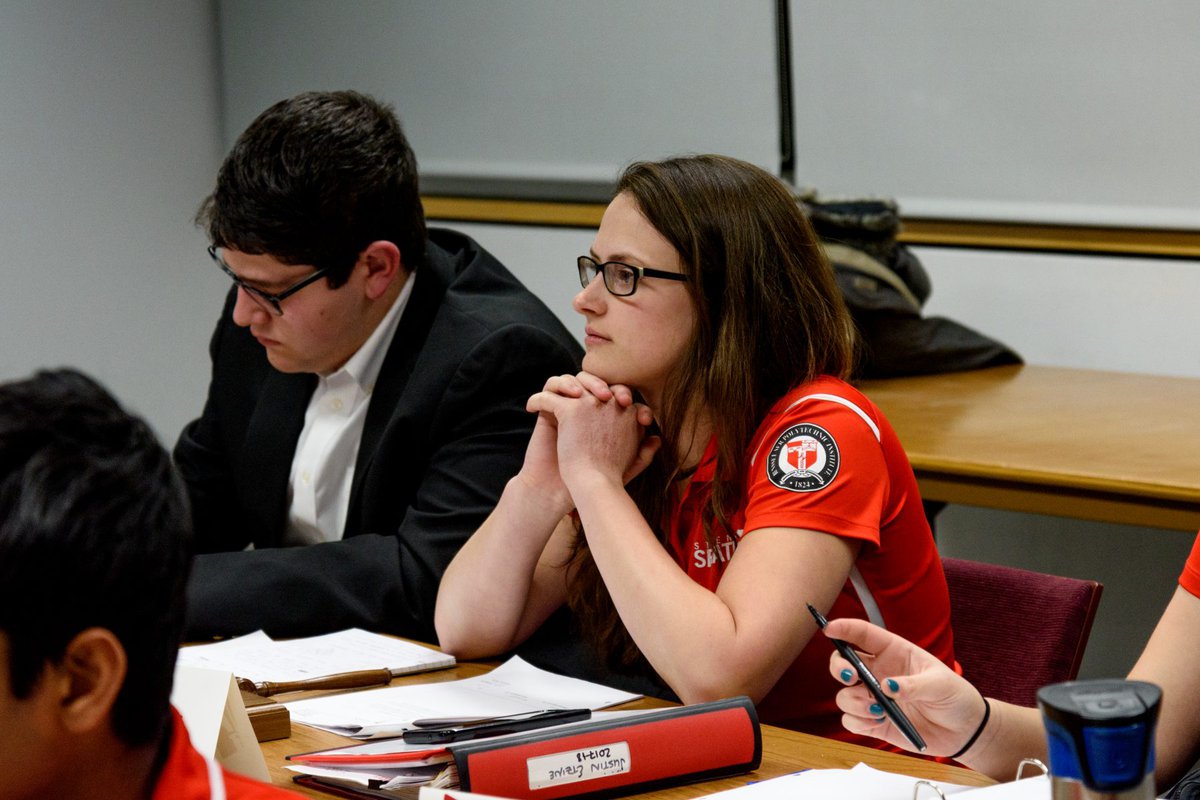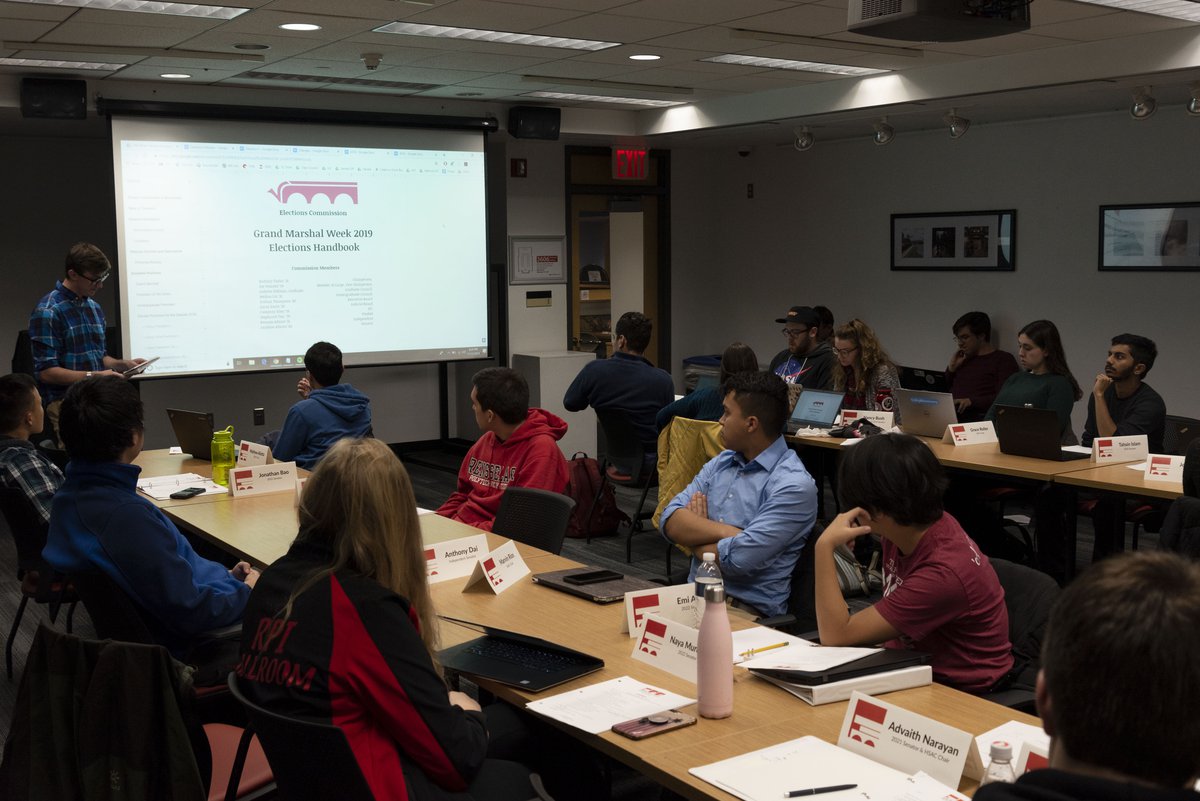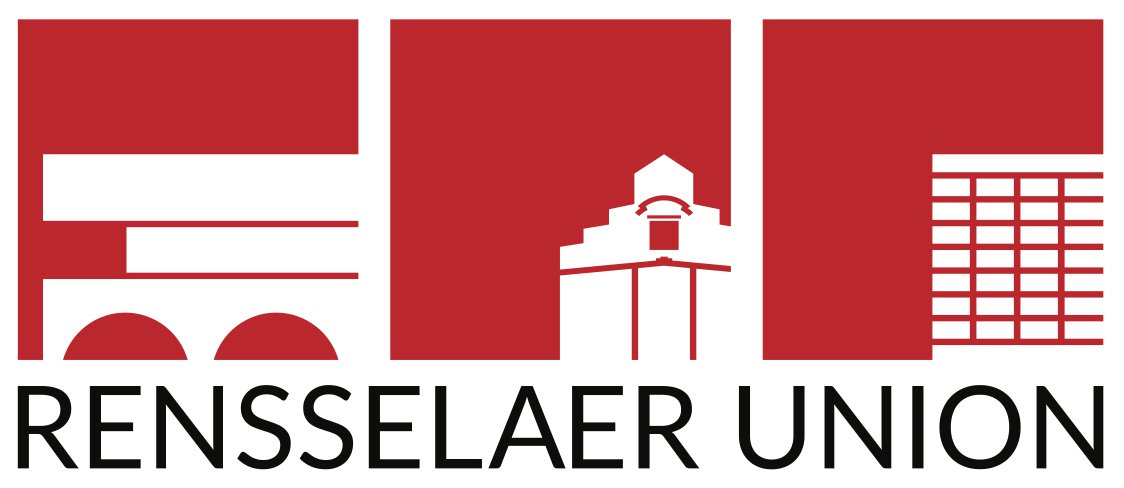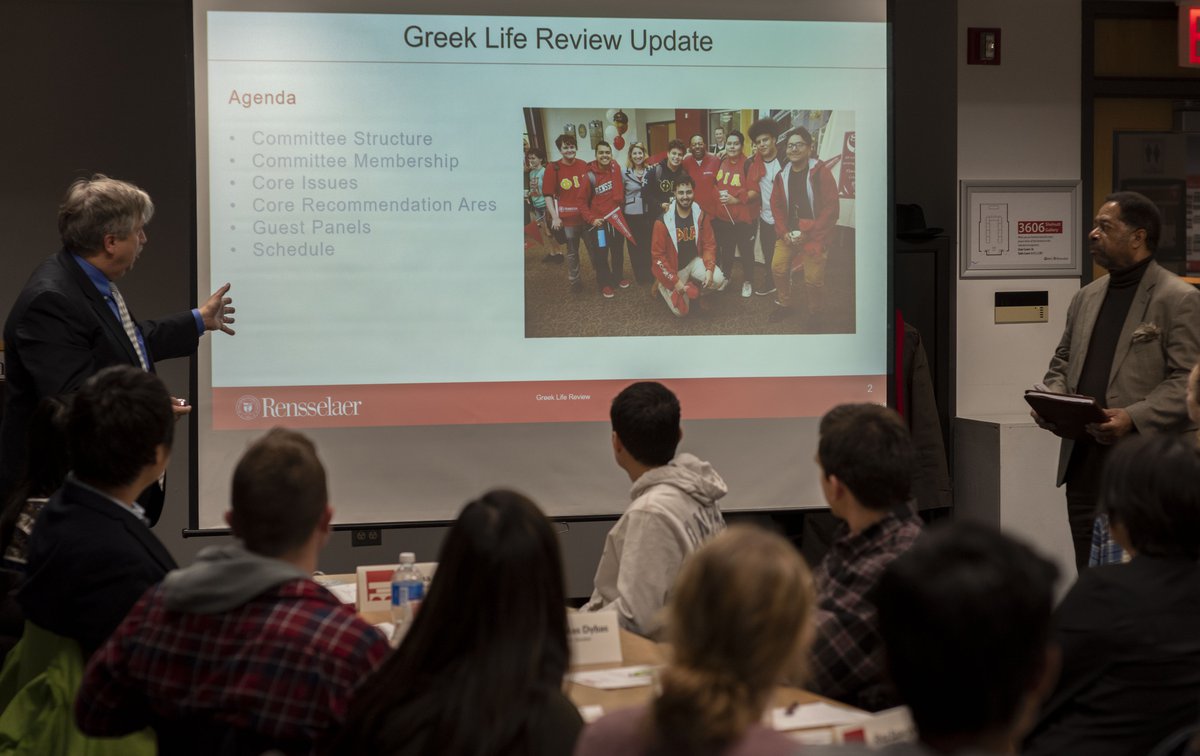Undergrad, grad activity fees: $394, $342

The Student Senate convened Wednesday to discuss and vote on the Fiscal Year 2019 Union Activity Fee and class dues, among other things.
The usual committee and officer reports were skipped in order to make time for the important discussion of the new Activity Fee. President of the Union Matthew Rand ’19 presented a summary of the budget allotted to Union activities and then related this information to an updated Activity Fee. The total budget for the Union totaled about $2.8 million. The activity fee increased by 1.7 percent from Fiscal Year 2018—the maximum allowable increase under rules set forth by the Rensselaer administration. That total budget was further delineated into different expenses, with administrative budgeting accounting for $2 million; $769,625 allotted for clubs; $12,030 for multicultural and diversity programs; $21,810 for student activities and special events; and $20,422 for events during the Arch program.
Changes in the budget from last year include an increase in money allotted to the administrative office for raises and a new position, a decrease in expected revenue from the Clubhouse Pub, and an increase in hourly wages for students as prescribed by New York State. The Executive Board felt that it would be useful to have a second Business Coordinator supporting clubs in the Union, which translated to a $47,000 increase in the administrative budget.
The Pub’s contribution to total revenue had historically been expected to make $50,000, when it realistically only ever brought in about $12,000, according to Rand; this difference was reflected in the 2019 budget. And finally—due to the mandatory increase in minimum wages in New York State—student staffing wages went from $10.40 to $11.10 per hour.
A major part of budgeting is how costs are calculated for undergraduate and graduate students. Most expenses are split by enrollment statistics; however, some more expensive and specific expenses like the intramural ice hockey team, the Archer Center, and other general clubs are determined by participation statistics. Using this information, approximately 86.3 percent of the budget was covered by undergraduate students, and 13.7 percent was covered by graduate students.
After all of these statistics and considerations were explained to the Senate, the new Activity Fee recommendation was presented. For undergraduate students, a $380 Activity Fee and a $13.50 class dues fee were proposed, resulting in a total of $393.50 for the new fiscal year. The graduate student Activity Fee was $330 with a $12 class dues fee, resulting in a total of $342.
Graduate Senator Anthony Bishop presented the Graduate Council’s issues with the budget, following Rand’s presentation. Their main point was that graduate student participation in the Union is lower than the enrollment-base split that was used to determine the proposed Activity Fee. They claimed that the budget assumes a graduate student participation rate of around 9.6 percent while the actual rate of participation was around seven percent. According to Bishop, this would suggest that the graduate students are overpaying by about 33 percent, which would translate to a $15 difference in their Activity Fee. They claimed that a difference in graduate and undergraduate student culture meant that graduate students were unable to have as much of an involvement in Union activities.
Following Bishop’s presentation and a lengthy discussion, the sense of the Senate was that these concerns over the fee were brought up too late, as the lengthy process of budgeting had commenced early in the 2017 school year. A change of such magnitude would result in a potentially lengthy delay in the finalization of the Union Annual Report. Although members of the Executive Board said that it would be virtually impossible to quickly change the budget at this time for the coming fiscal year, they did say that they would be more than happy to discuss these concerns will be discussed for the 2020 fiscal year.
The Student Senate ultimately voted to approve the proposed Activity Fee with a vote of 17-3-0.
The Senate then voted to approve Samantha Wong ’20 as the new Panhellenic Senator unanimously. Then the Senate moved to approve Executive Board appointments: Ryan Delaney ’21 as a club ICA representative and Cohen Davis ’21 as member at large. Both of these appointments were approved unanimously.

 Student Senate
Student Senate
 Student Senate
Student Senate
 Student Senate
Student Senate